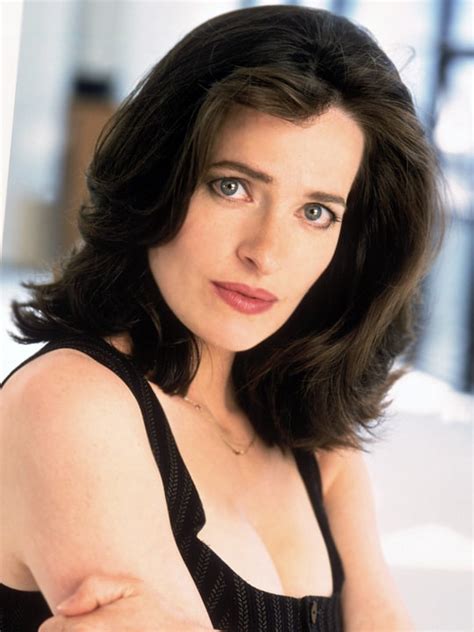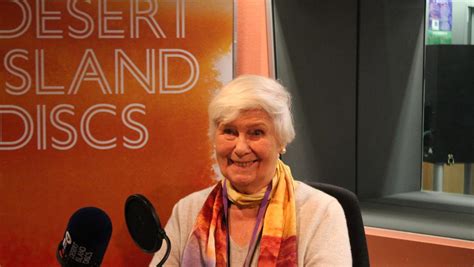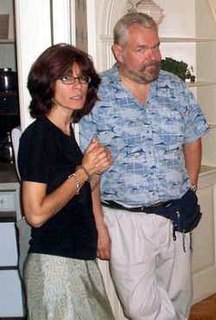A Quote by Oliver Sim
My writing has changed a lot. From 16 to 19, I've changed a lot. My kind of writing in the beginning was very observational; now it's grown very personal for me. I use it as a diary in many ways.
Related Quotes
A lot of my students have been quite notable. Notable in both the personal sense - people who have changed my life - and notable in that many have gone on to enormous success in their writing careers. Whether or not I had a lot to do with those success stories, I'm very proud and happy for my former students getting on the map.
I was writing novels at eight. It was a science fiction epic, which went by the unimprovable title of 'Another Kind of Warrior.' I'd write it beginning to end, but when I'd finished it, I was another year older. The quality of writing and thought changed radically, so I'd start it again. I re-wrote that same book until I was 16.
Women's sexuality is something that is a very touchy subject for a lot of women...I had to free my body from all of the binding, all the shutting down, and all of the censorship I had already put on it. When I did that, everything in my life changed. My relationship with my husband changed. My relationship to the world changed. My relationship to my body changed. My relationship to my female friends changed in huge ways.
I have always struggled with expressing emotion, I used to think I was a very hard person but music has shown me I'm a big softy! Writing songs to me really is like writing a diary, it's very private and very personal. My most emotional songs have been written alone in a locked room, I'm able to express myself there.
A big success can be very confusing if it comes too early in your life. When you are young, you are more vulnerable to vanity. I was 36 when I wrote The Shadow of the Wind and the success of it was very gradual. If you have this kind of success straight off, I think there is a danger you can become an idiot, because you don't have a perspective. It hasn't changed me a lot. I fly first class now. But those things don't change you. If I am pretentious, I was before, I haven't changed. The only thing is, I am less anxious now.
I got so discouraged, I almost stopped writing. It was my 12-year-old son who changed my mind when he said to me, "Mother, you've been very cross and edgy with us and we notice you haven't been writing. We wish you'd go back to the typewriter. That did a lot of good for my false guilts about spending so much time writing. At that point, I acknowledged that I am a writer and even if I were never published again, that's what I am."
I mean, in many ways, you know, I felt very connected to Ian (Dury) on, on a lot of levels. I mean, politically, & sort of, socially, our, kind of, social backgrounds are quite similar in many ways, as well as our kind of artistic endeavors. So there were many, many things that sort of chimed in for me, and kind of made me feel very instinctive about playing him, and, and although, there was sort of a certain amount of impression involved, actually, there's a lot of myself in the role.
I love a lot of American writers, but I think that for the most part the scope of what's accepted as great American writing is very limited. What we have is good, but it's limited. There's not enough engagement with the world. Our literature's not adventurous enough. The influence of MFA writing tends to make things repetitive. The idea that writing can be taught has changed the whole conversation in the U.S.
I started typing diary in, I don't know, 1978 or '79, but then the computer changed that a lot. Because with the computer if you were writing and you realized you had three sentences in a row that started with the word "he," you could fix that right up, whereas on a typewriter you'd think, "Well, I'm not going to change the whole page. It's my diary." So that made a difference.
It's been such a privilege and an honor to be writing this book [he Pleiadian Promise]. It's really changed my life, and it has absorbed my every waking moment for months. I'm going to be relieved to put that aside and just release it, because it's been a lot, not too much; it's been very glorious, but it has been a lot for me.




































